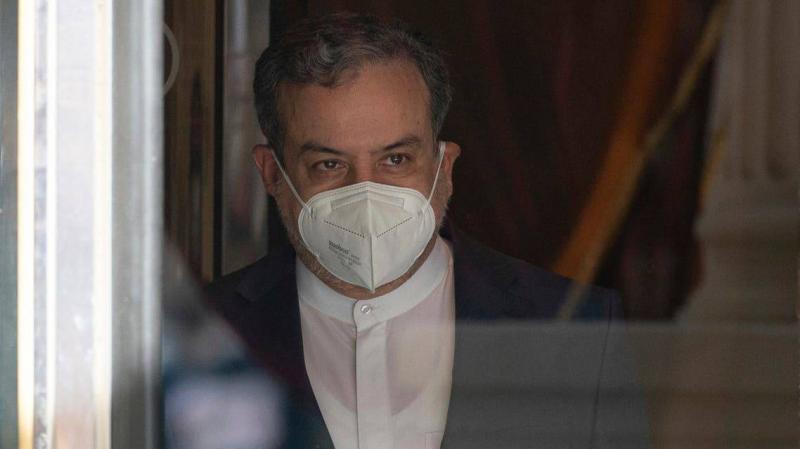The United States, which has been engaged in indirect negotiations to rescue the Iranian nuclear agreement for the past two months, lifted previously imposed sanctions on three former Iranian government officials and two companies. They were viewed as being involved in the buying, possession, selling, or marketing of Iranian petrochemical materials. The U.S. Treasury Department stated yesterday that it lifted sanctions on three former Iranian officials, including former National Iranian Oil Company head Ahmad Ghalehbani.
It added, "The delisting comes as a result of a change in behavior or status by the sanctioned parties that has been verified, and it demonstrates the U.S. government's commitment to lifting sanctions if changes occur."
However, the issue of "changing behavior" raised many questions. When asked about this during a press conference, U.S. State Department spokesperson Ned Price did not clarify how these individuals and companies had changed their behavior or status. However, he asserted that "there is absolutely no connection" between this decision, which he described as "technical," and the discussions regarding the nuclear agreement in Vienna.
Meanwhile, U.S. Secretary of State Antony Blinken stated in a statement coinciding with the move that "these actions demonstrate the U.S. administration's commitment to lifting sanctions in case of a change in status or behavior by the individuals subject to sanctions."
In contrast, Anthony Ruggiero, former senior national security advisor, who currently works at the Foundation for Defense of Democracies, remarked to the Wall Street Journal that lifting sanctions during negotiations sends a signal of weakness and encourages Tehran to continue its nefarious activities, including nuclear blackmail and sending conventional weapons to U.S. adversaries. Many Republican lawmakers also criticized the decision, considering it reinforced their concerns about the current U.S. administration's policy towards Iran.
In this context, Senator Ted Cruz questioned on Twitter, "What happened to Biden's promise of not giving the Iranian leader unilateral concessions?"
It should be noted that the sanctions lifted yesterday represent a small part of a wide array of U.S. sanctions imposed on the Iranian regime, and they are not expected to alleviate any economic or financial burdens in the country. Additionally, they are not anticipated to break the current deadlock in the Vienna negotiations aimed at reviving the nuclear agreement signed in 2015, especially since significant differences still exist among the negotiating parties in the Austrian capital since early April, despite five rounds of talks, with expectations for a sixth round to begin in the next couple of days.




